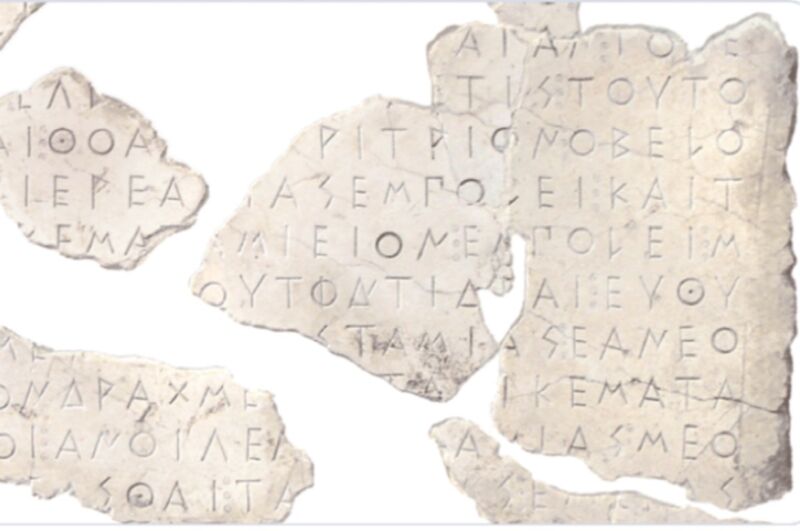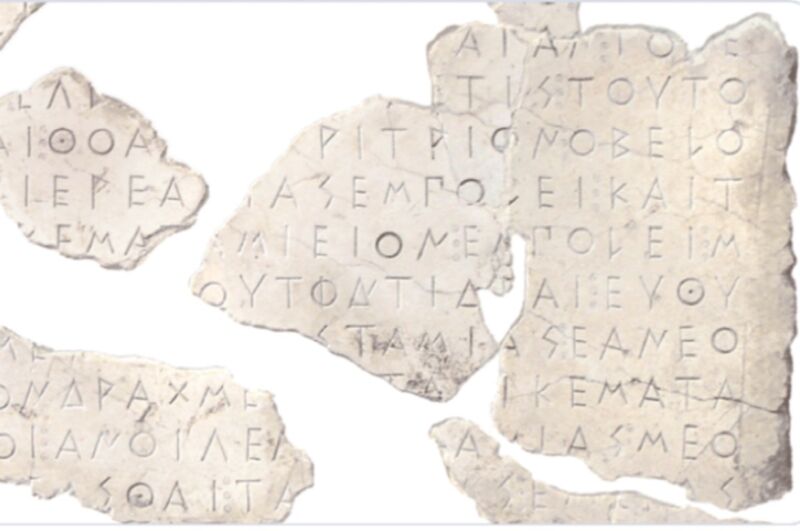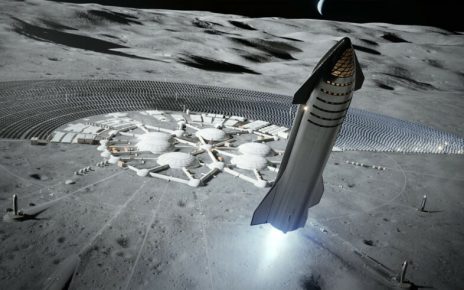
Enlarge / This fragmented inscription records a decree concerning the Acropolis of Athens and dates back to 485-484 BCE. (credit: Wikimedia/CC BY-SA 3.0)
Google DeepMind has collaborated with classical scholars to create a new AI tool that uses deep neural networks to help historians decipher the text of damaged inscriptions from ancient Greece. The new system, dubbed Ithaca, builds on an earlier text restoration system called Pythia.
Ithaca doesn’t just assist historians in restoring text—it can also identify a text’s location of origin and the date of creation, according to a new paper the research team published in the journal Nature. In fact, Ithaca has already been used to help resolve an ongoing debate among historians about the correct dates for a group of ancient Athenian decrees. An interactive version of Ithaca is freely available, and the team is making its code open source.
Many ancient sources—whether they be written on scrolls, papyri, stone, metal, or pottery—are so damaged that large chunks of text are often illegible. Determining where the texts originated can also be a challenge, since they have likely been moved multiple times. As for accurately determining when they were produced, radiocarbon dating and similar methods can’t be used since they can damage the priceless artifacts. So the daunting and time-consuming task of interpreting these incomplete texts falls to so-called epigraphists who specialize in those skills.





